Critical Incident Response
This is the phone number for a critical incident response only and goes direct to PeopleSense by Altius.
For Altius Group general enquires, please contact us or call us at 1800 258 487 during business hours.
If you would like to proceed with this call, please click on the button below.
With over a third of workplace injuries associated with manual tasks, we guide employees through best practice for lifting, carrying, pushing, pulling or holding a load, object or person. To ensure our education helps to protect an employee’s fitness for work we tailor training to cover duties specific to each workplace.
Our allied health professionals, located across Australia, deliver Manual Task training workshops to a range of organisations nationally. As work varies greatly, our allied health professionals take time to assess the physical demands unique to each role and each workplace. Training is then tailored to cover the impact of duties specific to each work situation, with particular attention paid to impacts on employee musculoskeletal functioning.
Musculoskeletal disorders are caused by exposure to a range of physical and psychosocial hazards at work, and evidence suggests that “how to lift” training programs do not reduce the incidence of musculoskeletal disorders. This is because such training does not change any of the hazardous manual task risk factors that workers are exposed to, nor does it address the source/s of risk.
Our Manual Task program aim to empower employees to take responsibility for their own safety and physical well-being, covering:
- Manual tasks risk factors including forceful exertions, awkward and static postures, vibration, repetition, and duration.
- The importance of risk assessments in relation to lifting, lowering, pushing, pulling, carrying, moving, holding or restraining any person, animal or thing.
- Safe methods of lifting, pushing, pulling and carrying - focusing on correct postures, positioning and breathing.
- Risk factors for workplace specific issues such as Carpel Tunnel Syndrome, Occupational Overuse Syndrome and shoulder injuries.
- The importance of stretching, strengthening, sleep and diet to injury prevention.
- A discussion of manual task practices specific to your work environment.




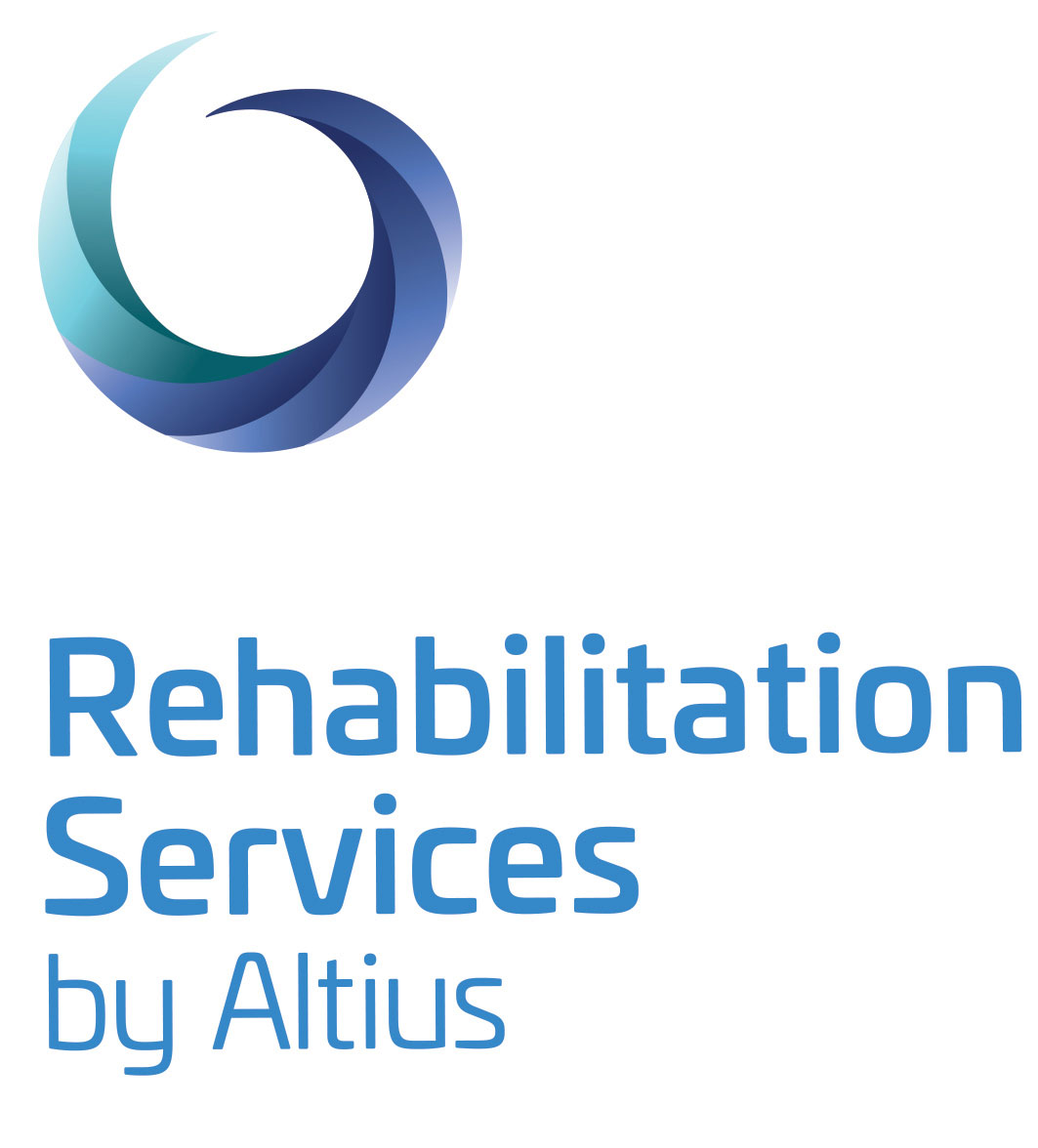
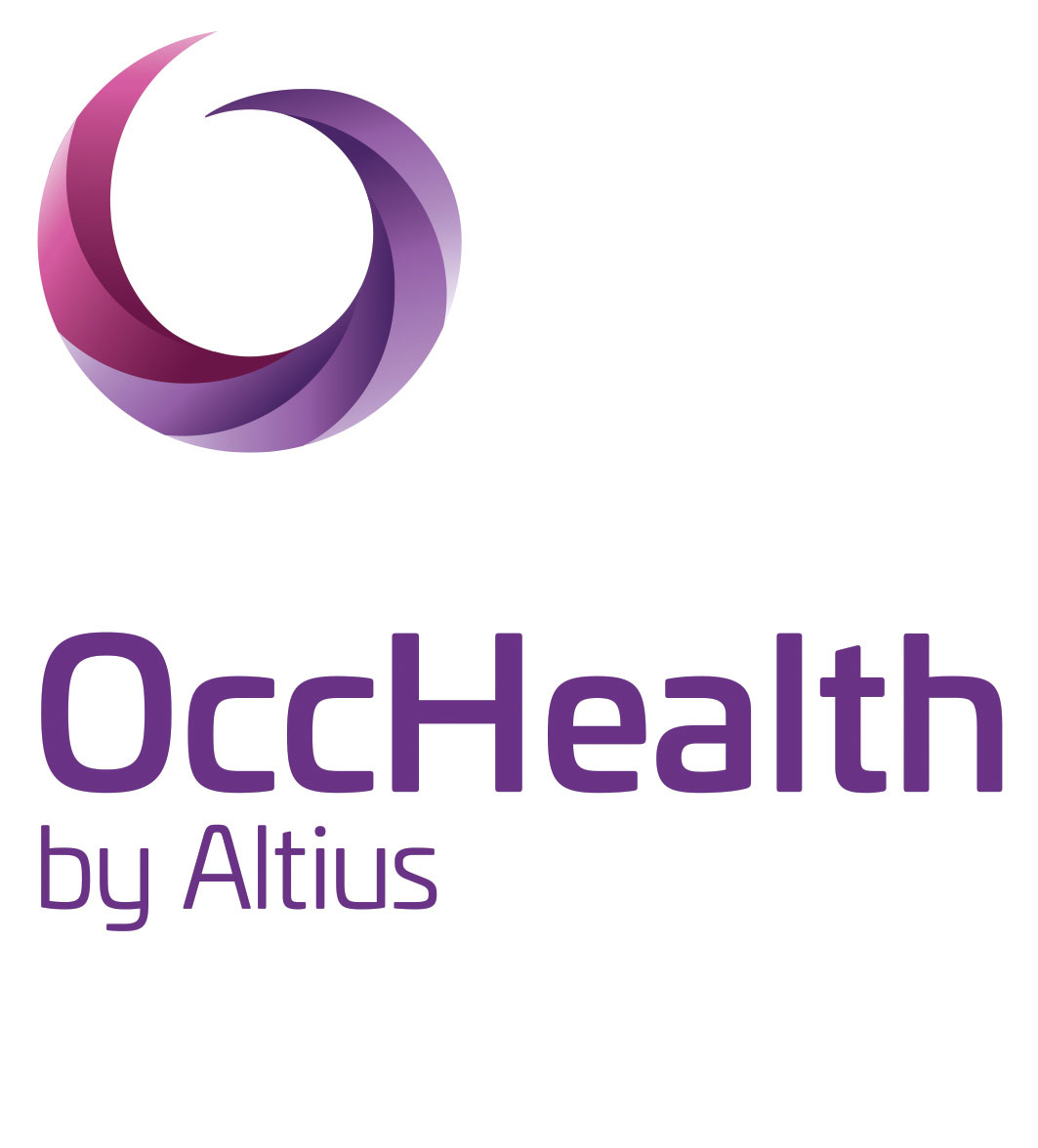
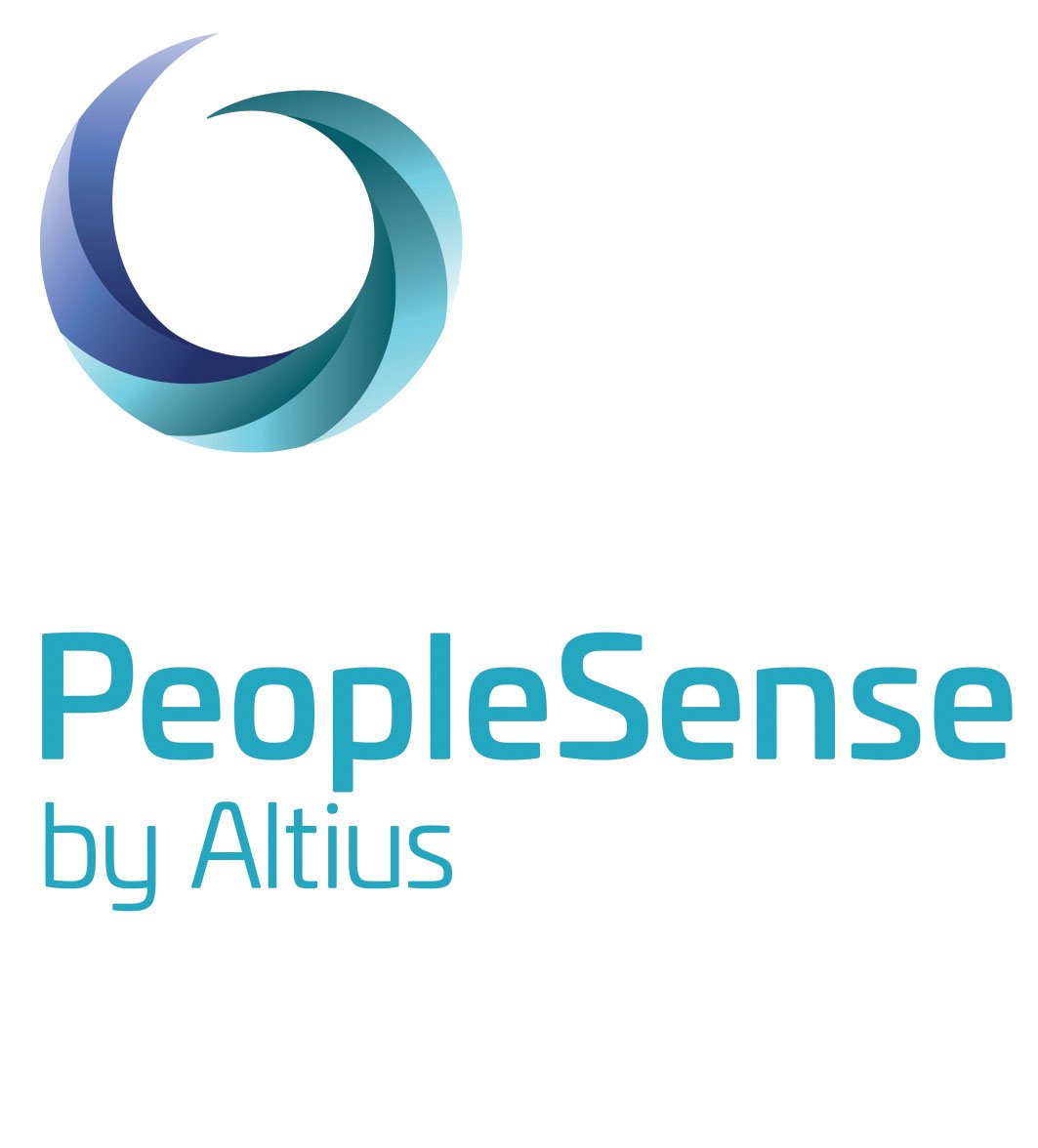
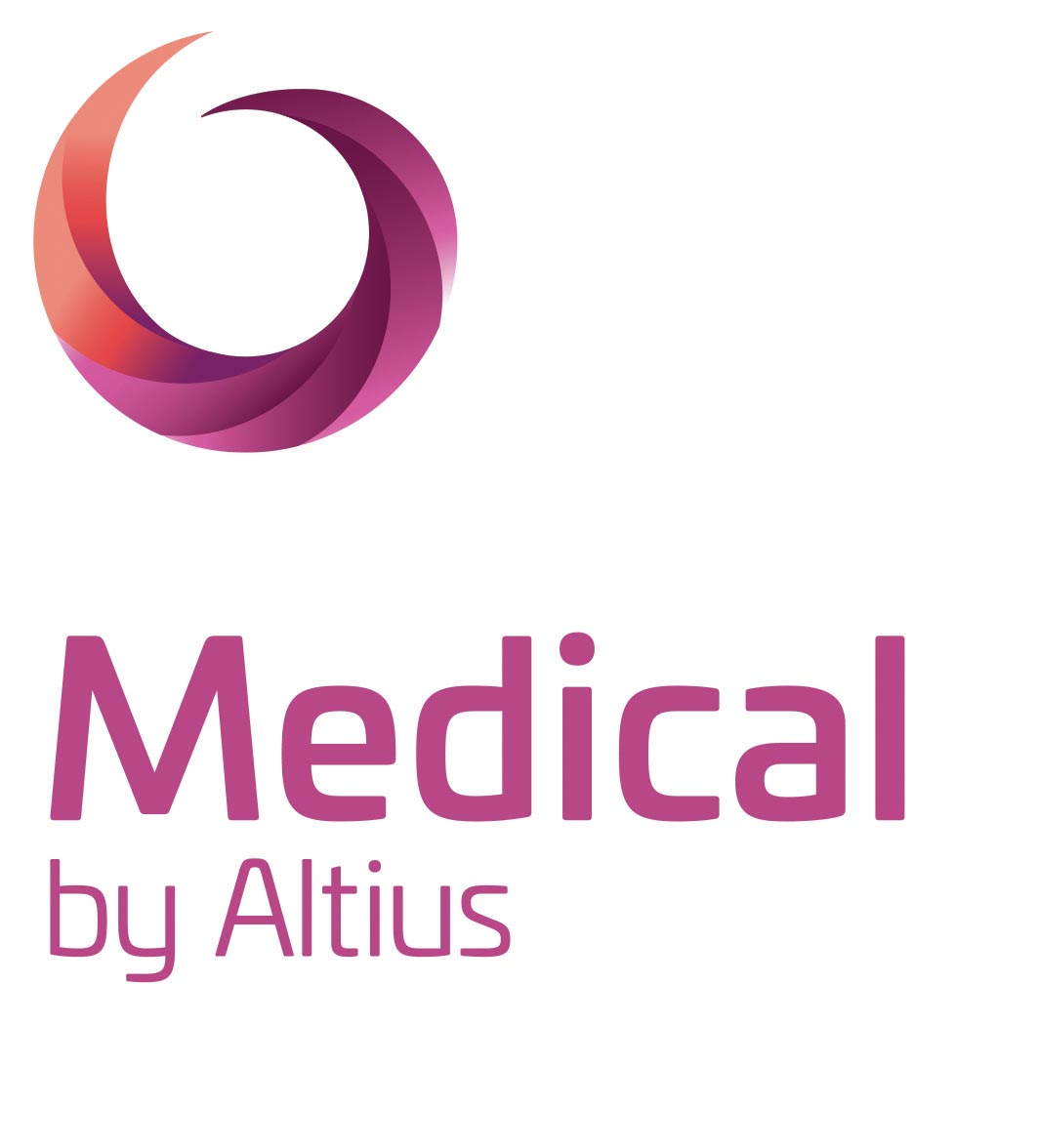
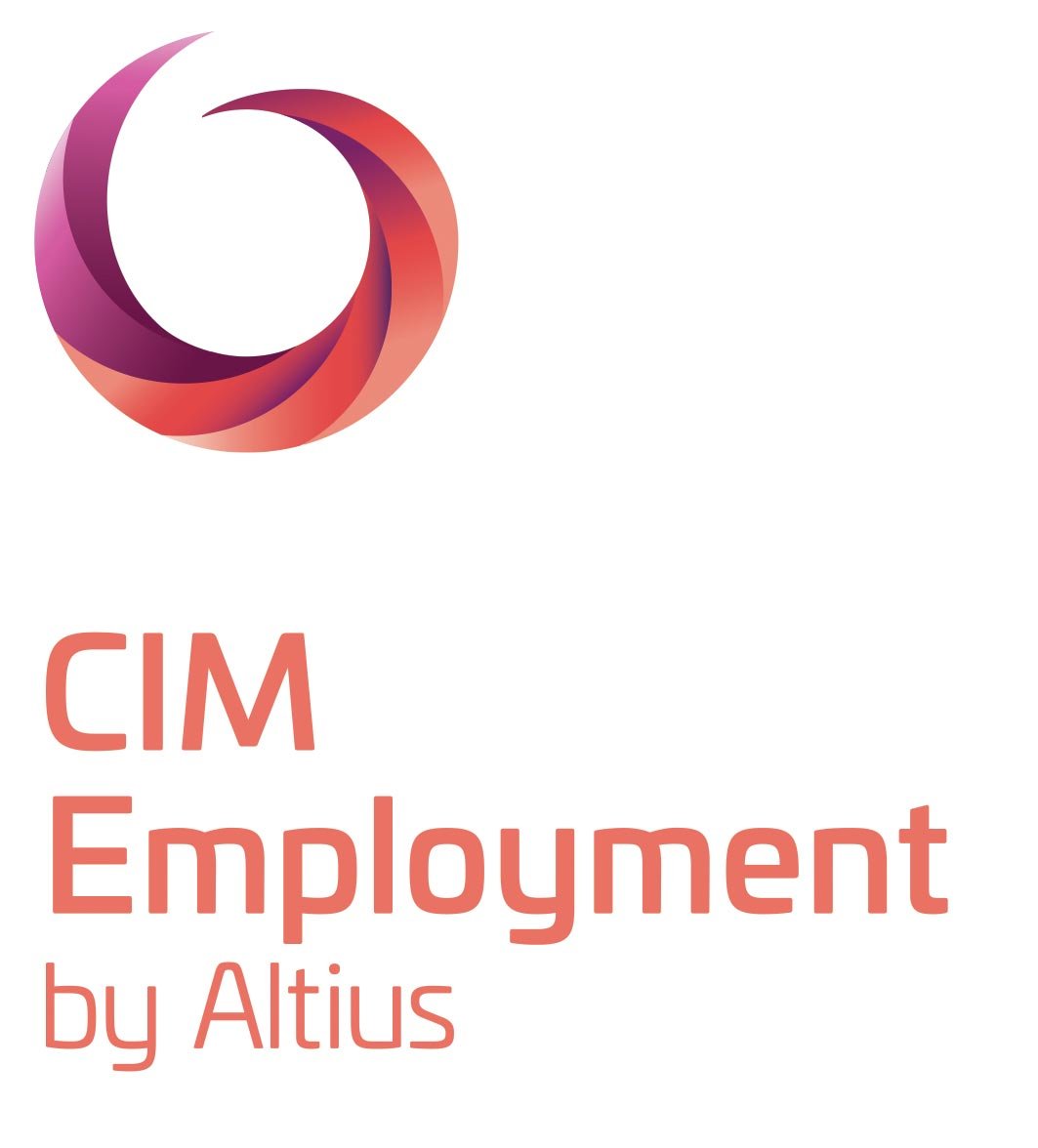


 Contact Us
Contact Us 1800 258 487
1800 258 487